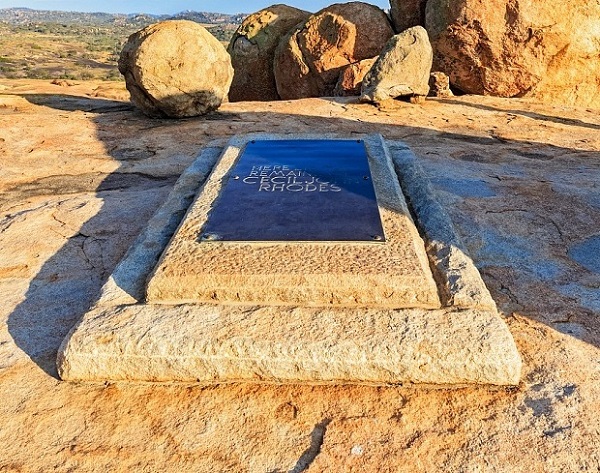 Oxford college considers removing Rhodes statue
Oxford college considers removing Rhodes statue
Historic England says Cecil Rhodes statue is part of our national culture
 Oxford college considers removing Rhodes statue
Oxford college considers removing Rhodes statue
Elliot Roberts
|
27 December, 2015, 06:49
Recommended
- Taliban 'push further' into Sangin town in Helmand
- Death anniversary of Benazir Bhutto to be observed today
- New 'Star Wars' blasts box-office records
- Obama admits to feeling 'small' alongside Marines
- Clearwater fire investigator in crash on way to fire, released from hospital
- EPL 2015: Wayne Rooney dropped for 'must-win' Manchester United game
- McCullum, Guptill smash fifties, Henry claims four wickets as NZ score facile
- Controversial Movie 'Concussion' Out On Christmas Day
- Imprisoned For Forgery, Cheating in First Vyapam Scam Verdict
- US marine has been missing for days, report says
- Off-duty police sergeant arrested in women's shooting
- Louisa Johnson wins The X Factor 2015
- Syrian rebel top brass killed in air raid
- B1G Championship Game highlight video
- Chicago Police Kill 2 in Confrontation With 'Combative Subject'
Trending Now
Dont Miss
Popular destinations
- Best Non Gamstop Casino
- Non Gamstop Sites
- Casino Not On Gamstop
- Casino Not On Gamstop
- Casino Online Non Aams
- Non Gamstop Casinos
- Sites Not On Gamstop
- Non Gamstop Casinos Uk
- Sites Not On Gamstop
- Non Gamstop Betting Sites
- Best Online Casino Canada
- Online Casinos Not On Gamstop
- オンラインカジノ 一覧
- Mejores Paginas De Poker
- Gambling Sites Not On Gamstop
- Casinos Not On Gamstop
- UK Casinos Not On Gamstop
- Non Gamstop Casino Sites UK
- Slots Not On Gamstop
- UK Online Casinos Not On Gamstop
- UK Casino Not On Gamstop
- Meilleur Casino En Ligne France
- Meilleur Casino En Ligne
- Casino Not On Gamstop
- Bookmaker Not On Gamstop
- Casino Non Aams
- Meilleur Casino En Ligne Belgique
- Jeux Casino En Ligne
- Casino Online Esteri
- カジノ 仮想通貨
- Casino Live
- I Migliori Siti Poker Online
- Casino En Ligne Avis
- Migliori Casino Non Aams
- 코인카지노
- Casino En Ligne Français
- Nouveaux Casino En Ligne
- Casino En Ligne France
- Casino En Ligne France
